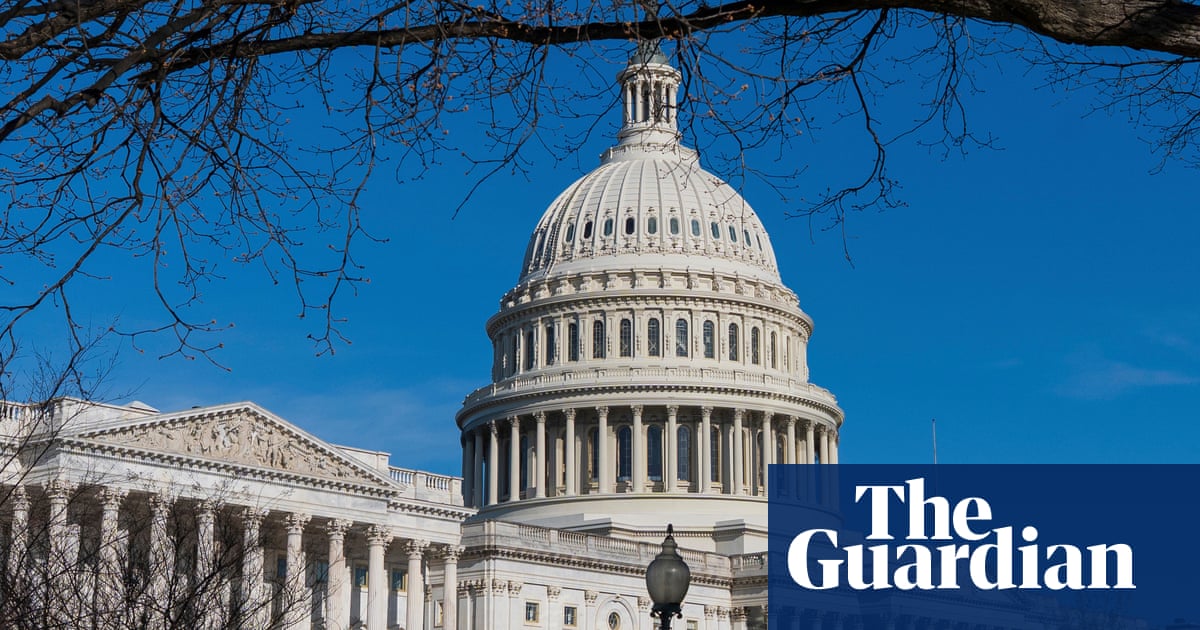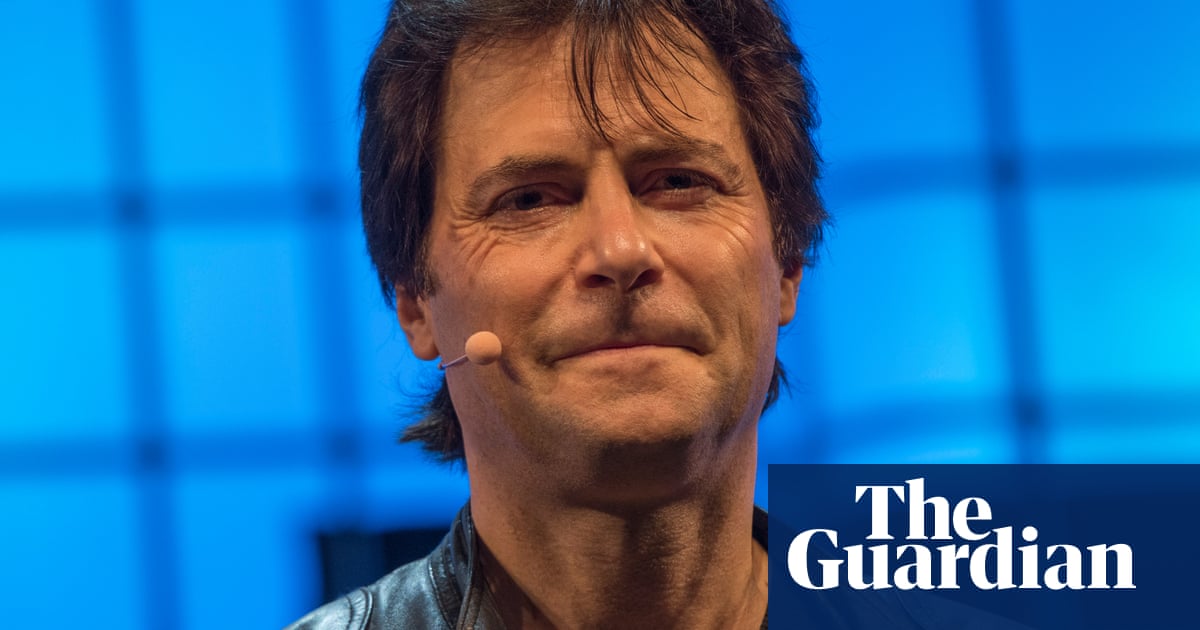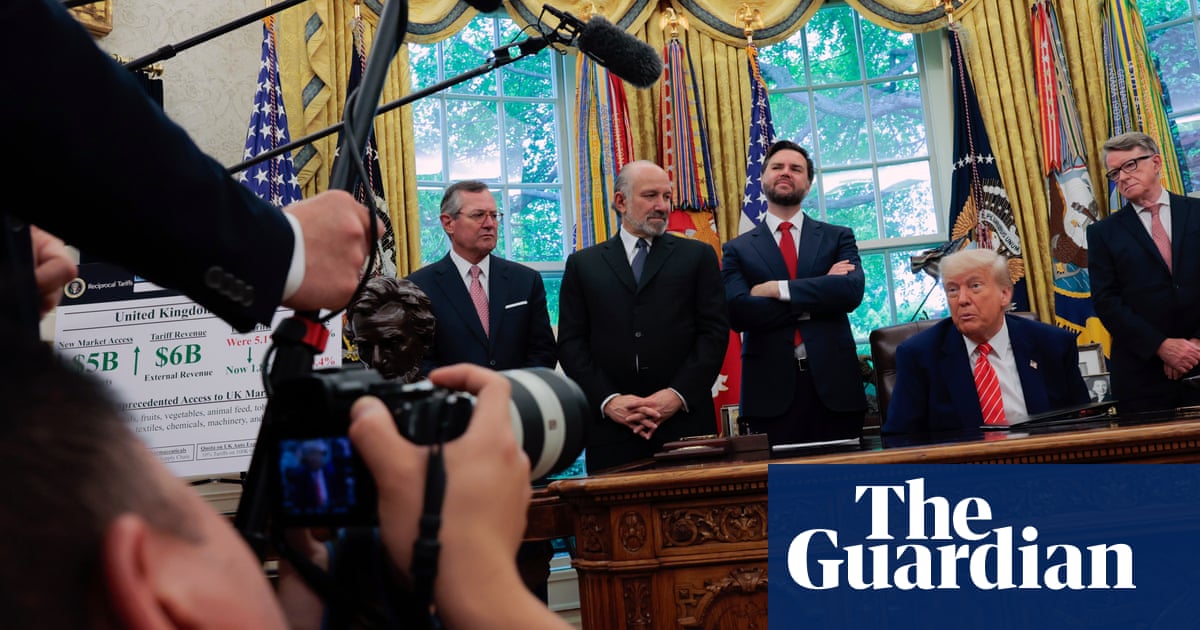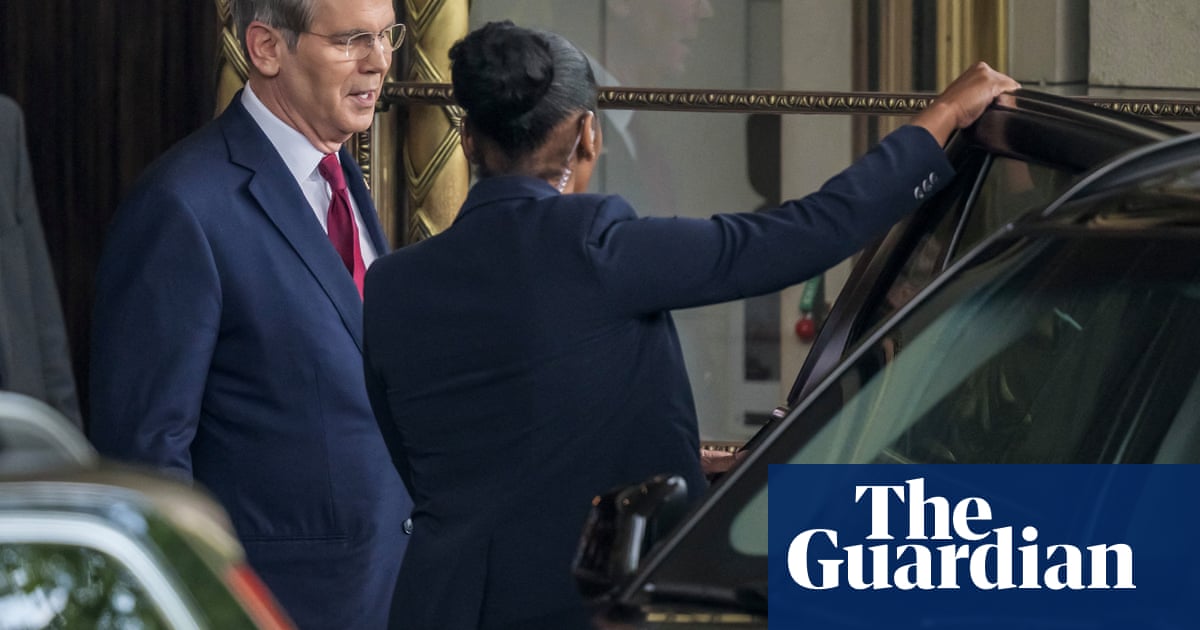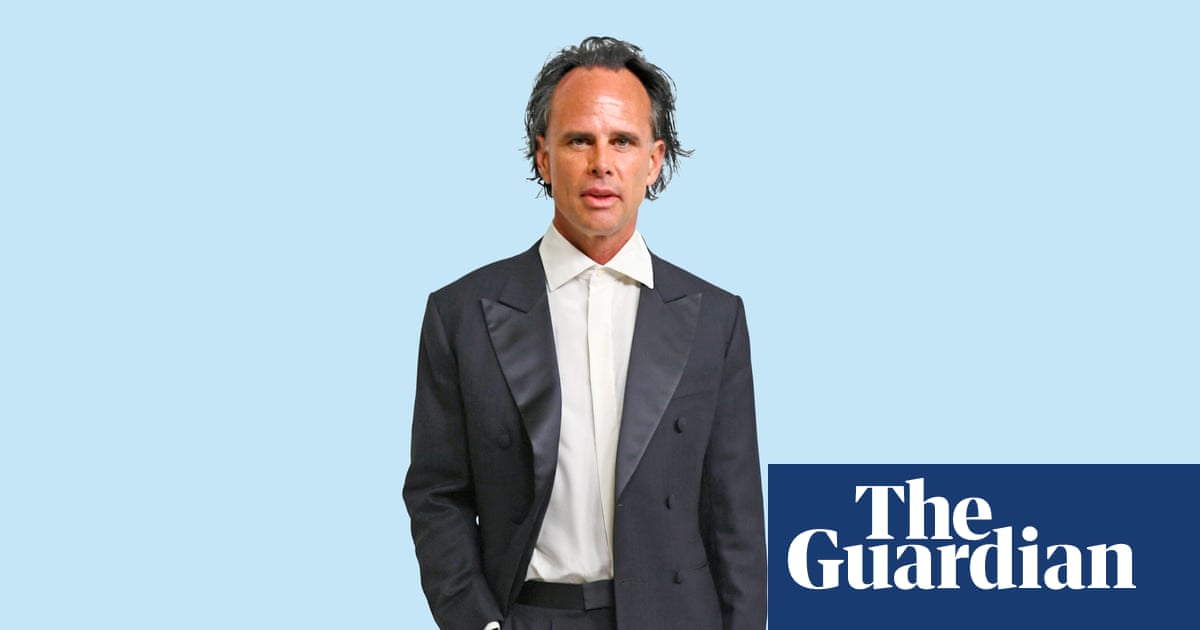Ensuring that the costs of decarbonisation are shared fairly across society must be a top priority for ministers or they risk losing public support for net zero, the UK’s chief climate adviser has warned.
Keir Starmer and Rachel Reeves should be making a “strong, confident” case for decarbonisation as an engine of economic growth, according to Emma Pinchbeck, the chief executive of the Climate Change Committee, the independent statutory adviser.
But politicians of all parties had difficulty grasping the scale and speed of the shift to a low-carbon economy, despite the huge economic benefits it could bring, she said, while the public were often still in the dark over what net zero would involve.
“I would absolutely love to see the government confidently championing this agenda,” she told the Guardian. “They can call it what they like, but it is important that they do it.”
While cutting greenhouse gas emissions requires upfront investment, in renewable forms of power such as wind and solar, it delivers cost savings and greater efficiency in the longer term. “Decarbonisation is better for growth than not decarbonising,” said Pinchbeck. “That’s largely to do with the efficiency of using clean energy through the economy, rather than relying on fossil fuel imports. It’s just a very much more efficient energy system.”
She added: “There’s a very powerful economic argument here, and it always troubles me when I hear politicians polarise them [the issues of economic growth and moving to a low-carbon society]. Because they are essential to one another. You can’t have economic growth without delivering on net zero.”
Reeves was accused this week of ignoring environmental concerns in pursuit of growth at all costs, in greenlighting the expansion of Heathrow airport and streamlining the planning regime for other infrastructure. While the chancellor reaffirmed her commitment to the government’s net zero targets and placed green provisos on airport expansion, she made clear that growth was the top priority, which has raised concerns among some environmentalists.
The CCC will not oppose the chancellor’s plans – its job is to advise on how to meet the UK’s net zero targets, not prescribe policy. Its experts analyse the various means by which emissions could be cut, and where choices must be made. Airports can be expanded, the CCC has said previously, but the government must then seek equivalent carbon savings elsewhere.
Pinchbeck said: “In all areas of the economy, you either replace a fossil fuel with an alternative that’s low-carbon, or you have to reduce demand for that thing. Or you capture any residual emissions and store them. Aviation is one of those sectors where it’s probably a mix of all of the above.”
Pinchbeck was speaking before full details of the announcements had been disclosed and did not comment on Reeves’s speech afterwards, but she is likely to have more to say on all of the government’s growth plans soon. The CCC is putting the final touches to the UK’s next “carbon budget”, a blueprint that sets out what cuts must be made in greenhouse gas emissions over a five-year period in order to meet the long-term binding target of net zero emissions by 2050.
The UK is midway through the fourth carbon budget, which runs from 2023 to 2027, in a series stretching back to the Climate Change Act of 2008. On 26 February, the CCC will announce details of the seventh carbon budget, to run from 2038 to 2042, and which is expected to require some of the most drastic emissions cuts yet. Although it will begin long after this parliament ends, Labour will have to provide a response showing how it will prepare to meet the new targets, and have to show how its policies meet current commitments on emissions cuts this decade – on which the CCC has already warned the UK is badly off track.
“The important thing for politicians in all parties to really understand is that there is this massive energy transition happening. It is so big and so fast,” Pinchbeck said. The changes would encompass policy across government, from energy security, geopolitics, industry, jobs and growth to fuel poverty and health. “There is a case for every politician to make on something that is in the carbon budget,” she added.
Though the CCC does not write policy, it can set out the likely pros and cons of options for reaching the emissions targets, and in its forthcoming budget there will be analysis on some of the most contentious green policy areas this government must decide on: airport expansion; North Sea oil and gas; carbon capture and storage; the future of hydrogen energy and home heating; nuclear power; and whether to subsidise burning wood in power stations.
Pinchbeck, who took the helm at the CCC in November after nearly five years as chief executive of the Energy UK trade body, was tight-lipped on what exactly the report would contain, but was enthusiastic about one innovation: the new budget will examine fairness and the social impacts of net zero.
after newsletter promotion
“For the first time, we’ve done some distributed impact analysis,” she said. “Which is economist-speak for working out how the cost and benefits fall across different households and society, and across the economy. We’ve also run a citizens’ panel, where we’ve talked to people about some policy options, just to give government some qualitative information on alternative options for routes forward on some issues.”
Fairness was at the core of public concern, she said. “When you ask the British public, they are very mindful of fairness. The main issue on fairness is how you fund the capital cost of investment. No one should pretend there isn’t a cost to change a heating system, or buy a new vehicle, or build a new wind farm. We can see that the cost is paid back in operational savings, but you still have to, for many households, work out how they’re going to get the car in the first place. We’ve got to find solutions so that all households, particularly those that would most benefit, can get these technologies as soon as possible.”
In conversations about airport expansion, for instance, it is important to bear in mind that more than half of the public do not take flights in any given year. “So there’s a question about who bears the costs for aviation decarbonising and how you do that,” she said.
Bringing down electricity costs would also make a difference. “We would like to see the government taking action to make electricity cheap,” said Pinchbeck. “Cheap electricity helps everyone and everything.”
One way of doing that would be to take the green levies that help to fund renewable energy off bills and add them to general taxation. But while Reeves is concerned about tax levels, that is unlikely.
The CCC cannot require the government to take such a step, but Pinchbeck notes the unfair impact of the current system. Funding investment in renewables by adding the cost to energy bills “is more regressive than, for example, putting it in taxation”.
To a government facing economic headwinds and a barrage of criticism from right and left, the complexities of seeking low-carbon answers to the UK’s problems – across the key areas of transport, housing, the cost of living and industry – might seem a luxury to be dispensed with. But Pinchbeck is clear: failure to decarbonise now would not improve the economy, but saddle the UK with enormous costs in years to come. “We model the carbon budgets against the baseline where we do nothing,” she said. “And the baseline where we do nothing is worse for the economy, and worse for people, than doing something.”

 3 months ago
53
3 months ago
53

